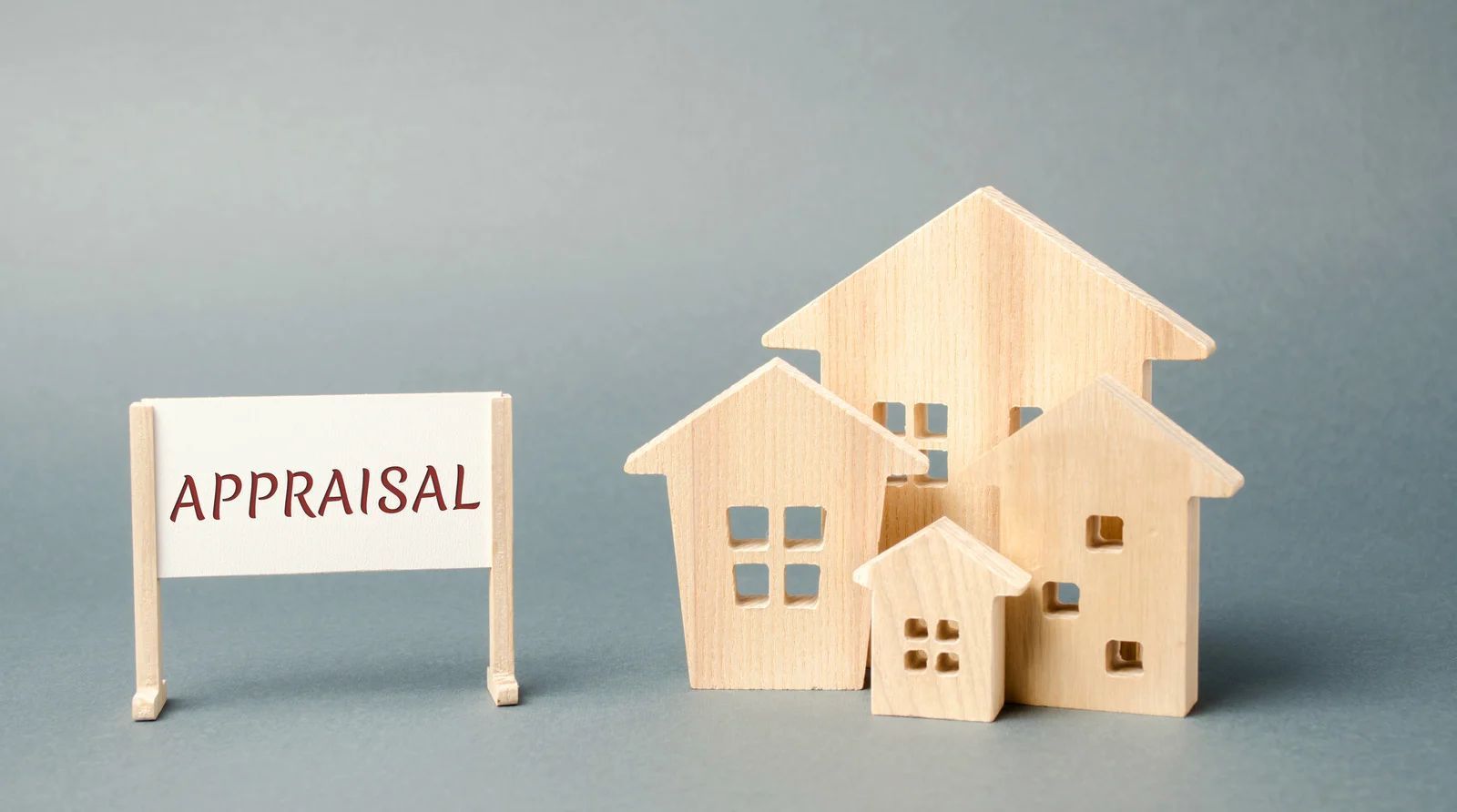How to Prepare Your Home for a Successful Appraisal
September 2, 2025

A home appraisal is a crucial step in many real estate transactions, whether you’re buying, selling, refinancing, or removing Private Mortgage Insurance (PMI). The final appraised value can impact your financing options and potential savings. To ensure your home receives the best possible appraisal, preparation is key. Here’s how you can get your home ready for a successful appraisal.
1. Improve Your Home’s Curb Appeal
The first impression matters, and the exterior of your home sets the tone for the appraisal. Take some time to enhance your property’s curb appeal by:
- Mowing the lawn and trimming bushes
- Cleaning walkways and driveways
- Adding fresh mulch or flowers for a well-maintained look
- Painting or power washing the exterior, if needed
2. Declutter and Deep Clean
A clean, organized home not only makes a great impression but also helps the appraiser assess your home’s true condition. Before the appraisal, make sure to:
- Declutter living spaces, hallways, and entryways
- Deep clean floors, carpets, and surfaces
- Remove any unnecessary items that may make the rooms feel smaller
3. Make Minor Repairs and Updates
Small maintenance issues can negatively impact your home’s value. Addressing minor repairs and upgrades can go a long way. Focus on:
- Fixing leaky faucets, running toilets, and faulty electrical outlets
- Patching holes or cracks in walls
- Replacing outdated fixtures or cabinet hardware
- Ensuring all doors and windows function properly
4. Update Key Areas
While major renovations might not always yield a high return, minor updates in key areas like the kitchen and bathroom can make a difference. Consider:
- Repainting walls with neutral colors
- Replacing outdated light fixtures
- Updating cabinet handles and faucets for a fresh look
5. Gather Important Documents
Having the right paperwork on hand can help the appraiser understand your home’s history and any improvements you’ve made. Prepare:
- A list of major renovations or upgrades with costs
- Recent tax assessments
- HOA or neighborhood information, if applicable
6. Highlight Energy-Efficient Features
If your home has energy-efficient features like solar panels, upgraded insulation, or new windows, make sure to point these out. These upgrades can add value to your home and may influence the appraisal.
7. Ensure Easy Access to All Areas
Appraisers need to inspect all parts of the home, including the attic, basement, garage, and utility rooms. Ensure these areas are accessible and free of obstacles.
8. Research Comparable Home Values
Having an idea of recent home sales in your area can give you a realistic expectation of your home’s value. If you’ve worked with a real estate agent, ask them for recent comparable sales.
9. Be Present But Give Space
While it’s important to be available for any questions, allow the appraiser to do their job without feeling pressured. A relaxed and professional atmosphere can lead to a smoother appraisal process.
Preparing for a home appraisal doesn’t have to be overwhelming. By following these steps, you can help maximize your home’s value and ensure a smooth appraisal process. With 20
years of experience, Moore 4-U Appraisals
has been providing
expert home valuations in Wake Forest, NC. Whether you're buying, selling, or refinancing, our professional team delivers accurate evaluations to support your real estate decisions. Contact us today to schedule your appraisal and get the expert guidance you need!





